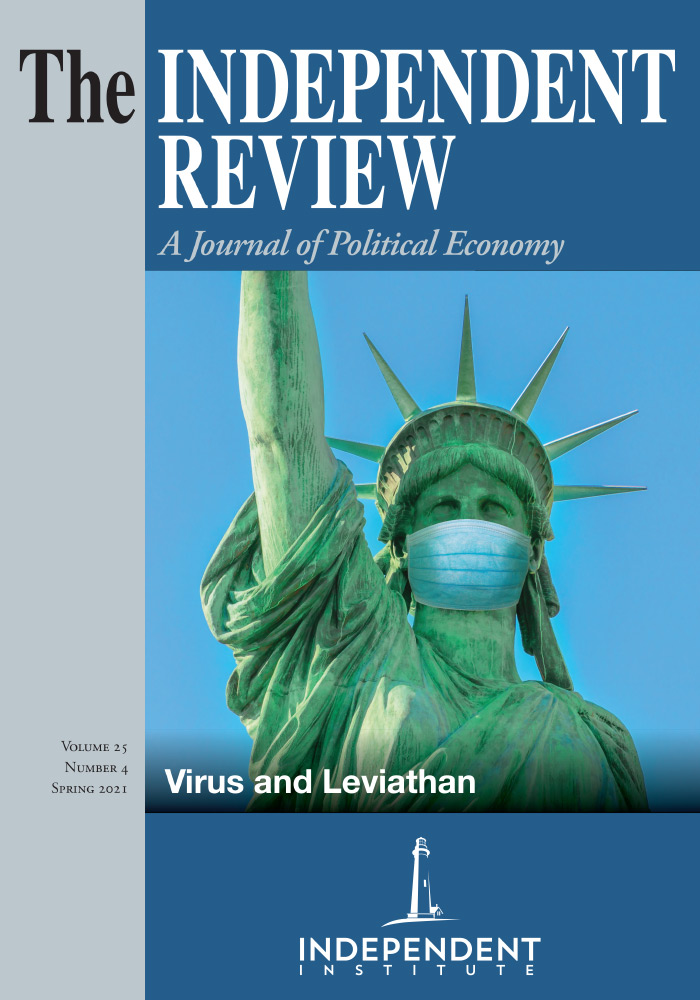In 2009, the German Parliament approved a balanced-budget amendment of the German Basic Law (Article 109). The amendment prohibited any structural deficit for local government (Länder) and allowed a very limited deficit (0.35 percent of gross domestic product [GDP]) for the federal state. The goal was a balanced budget by 2016. Since 2012 and up to the COVID-19 pandemic, Germany has run budget surpluses.
In 2012, the Italian Parliament approved a reform of Article 81 of the Constitution, aiming to enshrine into the Constitution a structural balanced-budget rule. Italy has run a fiscal deficit ever since.
Certainly, there are reasons other than political culture that explain the different fiscal behavior of Italy and Germany in this period. In particular, Germany has enjoyed “an unexpectedly dynamic recovery since 2010” (Rietzler and Truger 2019, 12), whereas Italy did not return to a positive growth rate until 2015 and has had sluggish growth ever since.
| Other Independent Review articles by Alberto Mingardi | |
| Winter 2020/21 | A Lesson in Humility, a Lesson for Our Times: Alessandro Manzoni’s The Betrothed |
| Winter 2020/21 | Locke among the Radicals: Liberty and Property in the Nineteenth Century |









